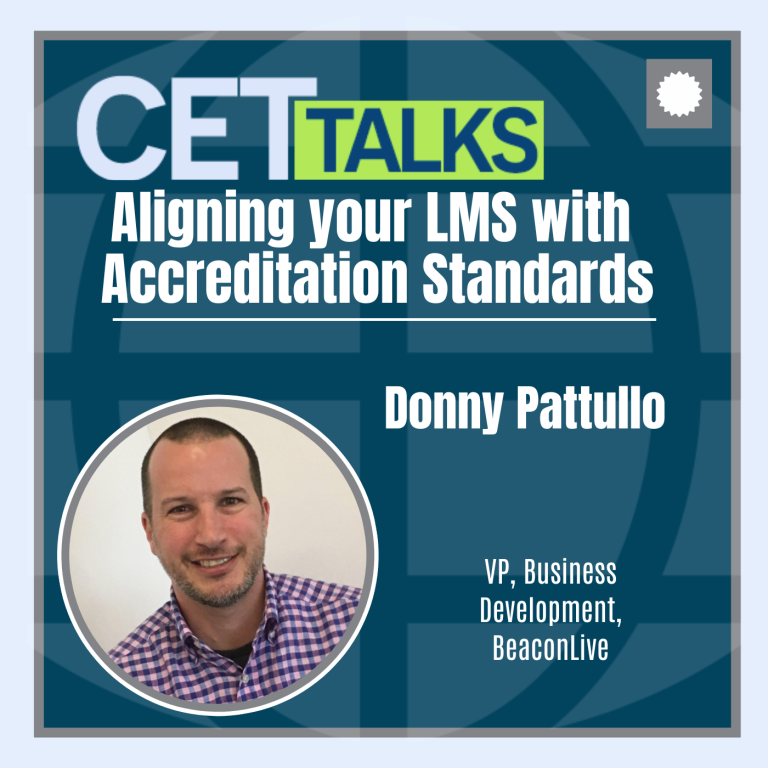Episode 31
- Episodes
- Episode 31: Training Tomorrow's Talent
.
CET Talks: Accreditation, Learning and Leadership
Episode 31
Feb 19 2025 . 23 MINUTES
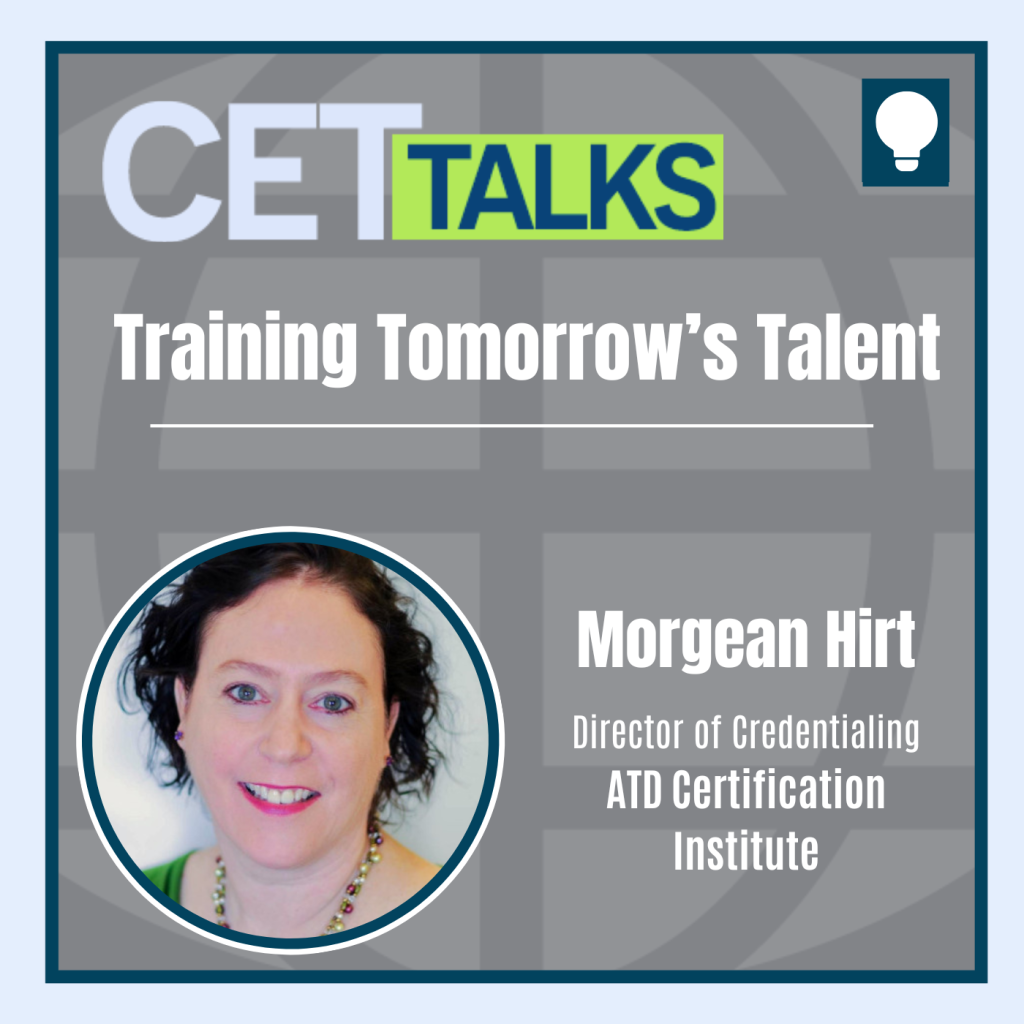
Training Tomorrow’s Talent: Exploring Certification, Standards, and Impact with ATD’s Certification Institute
In this episode of CET-Talks, Morgean Hirt, Director of Credentialing, and Jennifer Witebsky, Associate Director for Credentialing at the ATD Certification Institute, discuss the transformative impact of credentialing in the talent development field. From the creation of the Talent Development Capability Model to the launch of the IACET Fast Track option, Morgean and Jennifer explore how their work is shaping the future of talent development standards and supporting professionals across the globe. Join us as we discuss the critical role of certifications, the importance of community involvement, and the innovative partnerships driving the industry forward.
Listen to the Podcast
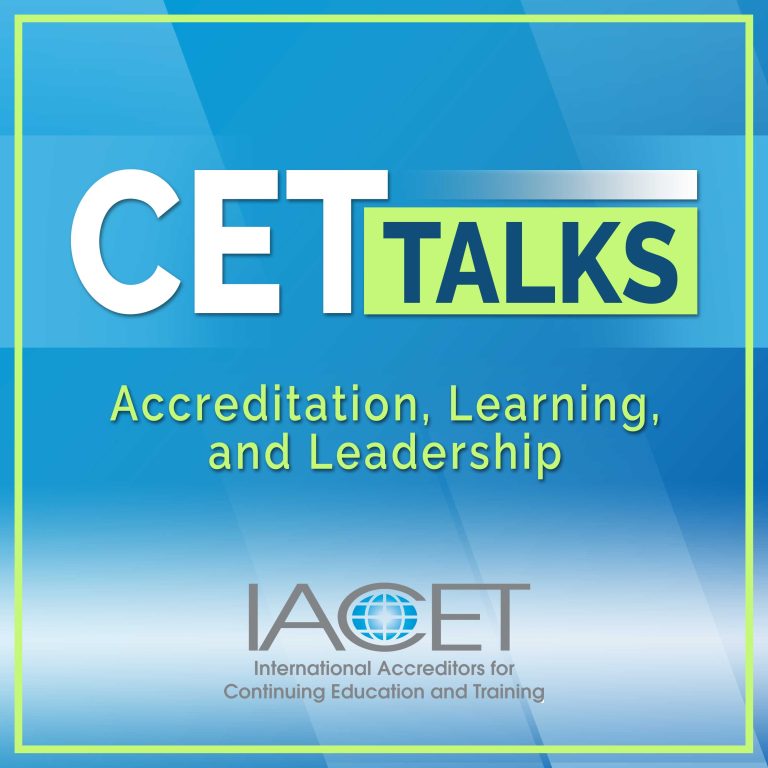
Welcome to CET Talks, the International Accreditors for Continuing Education and Training’s podcast, where we convene thought leaders in the continuing education and training ecosystem to share ideas, research, best practices, and experiences that promote the creation of a world that learns better. Your hosts are Randy Bowman, Interim President and CEO of IACET, and certified corporate wellness specialist Mike Veny.
In this episode of CET-Talks, Morgean Hirt, Director of Credentialing, and Jennifer Witebsky, Associate Director for Credentialing at the ATD Certification Institute, discuss the transformative impact of credentialing in the talent development field. From the creation of the Talent Development Capability Model to the launch of the IACET Fast Track option, Morgean and Jennifer explore how their work is shaping the future of talent development standards and supporting professionals across the globe. Join us as we discuss the critical role of certifications, the importance of community involvement, and the innovative partnerships driving the industry forward.
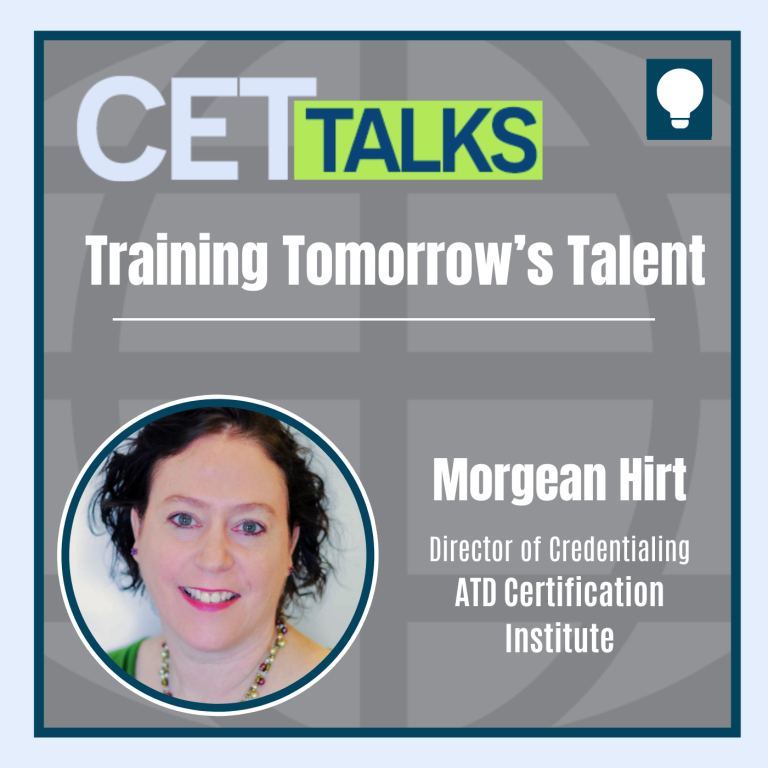
Transcription
Host: Welcome to CET Talks, the International Accreditors for Continuing Education and Training’s podcast, where we convene thought leaders in the continuing education and training ecosystem to share ideas, research best practices and experiences that promote the creation of a world that learns better. Enjoy the episode.
Randy Bowman: Hello, my name is Randy Bowman, IACET’s president and CEO, and I’m here with my co-host, Mike Veny.
Mike Veny: And hi, I am Mike Veny, the CEO of an IACET-accredited provider and a certified corporate wellness specialist. How are you doing, Randy?
Randy Bowman: I’m doing well. How are you today?
Mike Veny: I’m doing okay. I have a question for you. As an IACET-accredited provider, we are not doing anything with credentialing, and I know so many other organizations are. What’s the advantage of having credentialing in our programs?
Randy Bowman: Oh, wow, Mike, that’s a great question. I can’t tell you how many times we get calls from people who have established a credentialing program. They’ve come up with this whole program, and at the end they award their learners a credential and they’re like, “Hey, how can we get this credential accredited?” We always have to tell them, that’s not what we do. We accredit your training program to award CEUs. You’re more than welcome, though, to still award your learners a credential, but the credential itself doesn’t bear IACET’s accreditation. It’s a confusing landscape out there. A lot of people don’t know what to do with this credential. So, I’m glad to let you know that today we have with us an expert in the credentialing world, and she’s going to talk to us about the transformative impact that credentialing has in adult education. Mike, please welcome Morgean Hirt. She is the Director of Credentialing at the ATD Certification Institute. With over 25 years of experience and personnel certification and accreditation across various industries, she has led a number of organizations through establishing standards for emerging professions, including clinical research, massage therapy, and mortgage brokering. She supports the global development of the APTD and CPTD certification programs, as liaison to employers, global partners, and ATD national chapters in their certification initiatives. Morgean has earned her ICE certified credentialing professional designation from the Institute of Credentialing Excellence, and we’re excited to welcome her here today for this episode. Welcome, Morgean.
Morgean Hirt: Thanks so much for having me, Mike and Randy. Glad to be here.
Randy Bowman: Awesome. So as Mike said, it’s a crazy landscape out there. Between certificates, degrees, certifications, badges, credentials, CEUs – there are so many ways for instructional designers to award and demonstrate their commitment to learning. Why do you believe someone would set out and say, “Hey, a credential looks like a good idea for me”, and how would they get started?
Morgean Hirt: Well, that’s a great question, and I talk to people every day who ask themselves that question. I think it might be a good place to start to talk about the challenges your people have faced in terms of people who develop and deliver learning, and then award something, and the difference between certification, certificate, badging, and all of those things. Certainly certificate refers to a more formal learning experience where people acquire new knowledge and skills. Certainly sometimes people complete that. Sometimes there’s a test at the end, but they basically get a certificate, a stamp of approval that says a person completed this class and seems to have acquired all of the knowledge indicated check, check. Sometimes that also means getting a digital badge that says they took this class. Then when we talk about certification, that is really more around asking someone to demonstrate the knowledge and skills and how they can apply it. Sometimes there’s some training associated with it, or more likely eligibility criteria. People have to have practiced in the field, maybe they’ve also taken some training and now they’re taking an assessment that requires them to put that knowledge and skills to the test. Often, if they’re successful, it results in a digital badge and an actual certificate they can hang on the wall. But the big distinction is the fact that when someone’s awarded a certification, they actually have to maintain it because certification is about validating competency and mastery. If we’re saying that someone has a certain set of knowledge and skills and can use them, we want to make sure they can keep using them. So certification often has that recertification component. To go back to your original question, why might someone pursue a credential? It really depends on what they’re looking for. If they’re looking to get new knowledge and skills, they might pursue a certificate. Or if they’re they looking to demonstrate to an employer or to themselves that they actually have a set of knowledge and skills and can put them to work, then in that case they’re more likely to pursue a certification.
Mike Veny: One of the things that stood out to me when reading about ATD’s commitment to adult learning is the creation of this talent development capability model. For those who are listening right now and myself, first of all, what is this model, how did it come about, and why was it so important for the Certification Institute to ground its programs in this capability framework?
Morgean Hirt: So, ATD, of course, is the Association for Talent Development and our mission is to help the world work better. We do that through supporting our members who are people who work in adult learning and the training community, often in the corporate world. ATD has been in the business of building competency models for people who are involved in learning and development for over 50 years, and our talent development capability model is in our ninth iteration. In accordance with best practices, we update that model about every six or seven years. It basically is the framework for what talent development professionals or corporate L & D professionals need to know and do in order to be successful. Everything we do at ATD is grounded in that model. So, the courses and certificates that our education team develops map directly back to helping people acquire those knowledge and skills; our conference sessions, our webinars, all that stuff. The books that ATD Press publishes all map back to, again, supporting talent development professionals in acquiring those knowledge and skills. Then the Certification Institute, which is our certification assessment arm of our organization, ensures our programs are designed to validate that professionals have acquired the necessary knowledge and skills, and they can actually put them to use. So, since everything we do goes back to that model, we use it to, again, identify what’s important to include on our certification exams and make sure that talent development professionals are well grounded in that knowledge and skills and can help the world work better.
Randy Bowman: Wow, thank you. So, speaking of this talent development capability model, one of the things that I love is that ATD very intentionally differentiated between knowledge, competency, and capability. Can you explain these differentiations to our listeners, especially between competency and capability, because those sound like the same things to me. And how do you think that segmentation helps prepare our next generation of talent and training professionals on their learner journey?
Morgean Hirt: Great question. ATD traditionally has developed competency models, competency frameworks, made up of the knowledge that you need to have in order to perform a specific skill. Those two things go hand in hand, but when we created this particular iteration, our advisory group of fantastic thought leaders wanted to make sure that as ATD put out its next framework, that we were preparing talent development professionals for the future. Often in an organization, those people who are responsible for training others are on the forefront of change management and ensuring the ability of an organization to adapt and be effective. We wanted to make sure that talent development professionals acquired the knowledge and skills that could help them and their organization be prepared for that change. As we talked about creating this model, we talked a lot about the difference, what is competency? Essentially, it is the ability to do the job that’s in front of you, that you have the knowledge and skills to perform your role. Capability on the other hand says, okay, I have this set of knowledge and skills, and I know how to use them, but it’s about applying them in a new or different way or in a new situation. We really wanted to make sure people were acquiring skills as well as the agility to understand the knowledge and skills that they have and to be able to use them in the rapidly changing work environment that we all find ourselves in. So, in a nutshell, competence is the knowledge and skills you need to have right now, and capability is really about the ability to apply those skills in new and different ways in the future.
Randy Bowman: So what role does the certification play in this learner journey?
Morgean Hirt: People need to acquire knowledge and skills and have some hands-on experience before they look at our certification programs. And we do have two – our APTD or Associate Professional in Talent Development is for those newer to the field who have at least three years of experience, they’ve had some professional development grounding, you know, continuing education in talent development. Our Certified Professional in Talent Development (CPTD) is for those more senior folks who’ve had some more strategic experience. So, our certifications, again, are grounded in that model. Our exams are specifically geared toward making sure that people not only know the stuff, but they know what to do with the stuff that they know and apply it. Then our Recertification Program focuses on making sure that people stay on top of what’s new in adult learning. Research exploded in the past five or six years about learning and cognition and how our brains work, how we get fatigued, what’s the best way to present information to adult learners so that they can absorb it and apply it most quickly. We want all of our talent development professionals to be well grounded in that because they’ll end up being able to develop solutions that are more effective for the organizations that they work in.
Mike Veny: I love how thorough this is and how you all went about it. The word that’s coming up for me actually is clarity; it’s really getting clear on who you serve and exactly what they need. Even on your website, and no, ATD is not paying me to say this, but if you go onto their site and look at the Certification Institute, you’re very clear about the benefit of having this. You can ask questions and there are so many details. We have a lot of associations who might be listening, and when it comes to associations, there’s always the subject of volunteers. I wanted to ask you, how do volunteers help shape the work that ATD’s Credentialing Institute does and how are they contributing to the organization’s mission?
Morgean Hirt: That’s a great question. We could not do the work of certification without our volunteers, our subject matter experts. Yes, I have many more years than I’d like to acknowledge in the credentialing business, but I am not necessarily a subject matter expert in all of those different professions – in massage therapy, clinical research, and in talent development. So, we have a really important partnership with our volunteers who bring to us their subject matter expertise in training and employee development, performance improvement, change management – all of the things that make up the content behind our certification program. Then our team of staff bring in our subject matter expertise in assessment development and analysis, and we marry those two things together. They help us write test questions. They help us review our exam forms to tell us, “Hey, you, you might’ve missed some topics here. You have too much of one topic.” In some cases, we do have a global certification program where our exams are translated into other languages. Those bilingual professionals help us make sure that those translations are valid, reliable, and support that piece of the assessment process. In addition to that, ATD uses volunteers and thought leaders in the development of our talent development Body of Knowledge, which was a huge book that helps flesh out all the content in that capability model. Again, we’re hoping to ground people in the things that our research shows are really critical for them to be able to be most effective at their work.
Randy Bowman: One of the goals of the ATD Certification Institute is to elevate the talent development profession by creating talent development profession-wide standards. Now, here at IACET, we know a thing or two about standards, and by the time this episode airs, we’ll have shared a pretty big announcement regarding our organizations’ partnership. Would you mind talking a little bit about the new IACET fast track option for ATDs pre-approved provider framework, and what you think it’s going to mean for our industry?
Morgean Hirt: I would be delighted to talk about it. So, as part of our certification process, we require our candidates to not only have gotten some professional development training before they come to the exam, so that they’re well-grounded in the work that they do, but then once they’re certified, they have to recertify every three years. The predominant way they do that is through ongoing professional development and continuing education. The ATD Certification Institute has an approved provider program where we have standards for organizations that are offering programming to people in our space with content that falls into the talent development capability model. That way we can identify for our candidates or certificants good quality programs they can access to either help them be ready to take the exam or to continue their own growth and development. The approved provider program is actually grounded in IACET standards themselves. No one likes to reinvent the wheel from the experts, so we have created a partnership with IACET, a fast-track program for those organizations who are interested in bringing their content to talent development professionals. Basically, it’s a super streamlined way to go through that pre-approval process with us where they’re basically using their IACET accreditation to meet 90% of our standards, and then talking to us about how their content maps to the capability model. So, providing the opportunity to bring their content to a wider audience and connect our folks to some great quality training.
Randy Bowman: That is so exciting! I’m so glad that we’ve been able to partner together and provide this additional benefit to our accredited providers and provide your certificate holders access to more great training so that they can get the professional development they need.
Morgean Hirt: Yeah, absolutely. We’re excited, too. I think it’s a great opportunity on both sides. We like our people to not only be able to develop skills that they need to do their job today, but then also to explore new skills that can help their them do their job better tomorrow.
Mike Veny: Now Morgean, this is the most important question, so I really want you to think about this. What does a world that learns better look like to you?
Morgean Hirt: I think a world that learns better is one where people have access to the information that they need to either do their job better, or to cook their dinner better, or to do whatever they are trying to accomplish better, in a way that responds to how adults learn, that gives them the information just in time. We often talk about just-in-time training, allowing them to access it in a way that is user-friendly, that has a good experience. I think, especially as adults, we want to get better at whatever it is we’re trying to do, but we also don’t want to be bogged down in pieces that that either aren’t applicable to us or don’t seem relevant to us. So, a world that learns better is one that understands why we’re giving the information to them and has the ample opportunity to practice it and put it into action.
Randy Bowman: Wow, that’s an amazing response. Morgean, thank you so much for being with us today and delivering such an engaging and informative presentation. I’m going to say one of my key takeaways was, to steal Mike’s word from earlier, the clarity you brought between certificates and certification, as well as the clarity between capabilities and competencies. I think understanding the differences between those two pairs of words, is foundational in understanding what’s going on.
Morgean Hirt: Well, thank you for having me. I appreciate the opportunity to partner with IACET again, for us all to bring better information and great learning to people who need to do their work better. So thanks for partnering with us on this. I’m really excited for what it means for our constituents on both sides.
Randy Bowman: So are we. So are we. We’re glad to be your partners and look forward to a long-term partnership that does meet these goals. So Mike, what did you take away from today’s conversation?
Mike Veny: Well, you took my takeaway, so…
Randy Bowman: I’m glad I got to go first this time.
Mike Veny: That’s right, that’s right. You did. With the clarity comes a term that we’ve used before in the show, really doing the due diligence and being thorough with thinking through understanding what your learners need now and in the future and really digging into the weeds on it, probably at a level that I’ve never even imagined before. So, I’m really grateful for that; a lot to think on there. And with that being said, as we wrap up today’s discussion to all of you out there on this transformative impact of credentialing on adult education, we would love to hear from you. What credentials do you either have or are you working toward, and how do you believe they’ll help you shape your career? Please let us know by sharing your experiences and insights on our LinkedIn page. Your stories can provide invaluable lessons and inspirations for others navigating similar paths. Now don’t forget, you can submit topic ideas, suggestions for guests, review our archives, and more at the CET Talks website available at cettalks.com. We certainly hope you’ll subscribe to this podcast on your favorite podcast platform, so you don’t miss any episodes. Thank you so much for joining us today.
Host: You’ve been listening to CET Talks, the official podcast of IACET. Don’t forget to subscribe to the podcast on Spotify, Apple podcasts, or wherever you listen to podcasts. To learn more about IACET visit iacet.org. That’s I-A-C-E-T.org. Thanks for listening, and we’ll be back soon with a new episode.
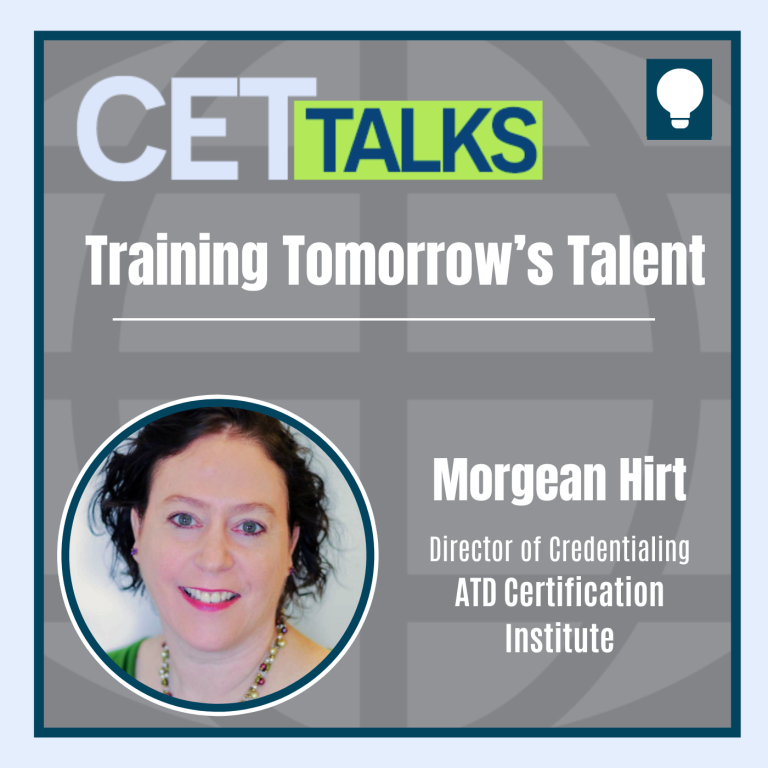
Episode 31: Training Tomorrow’s Talent: Exploring Certification, Standards, and Impact with ATD’s Certification Institute
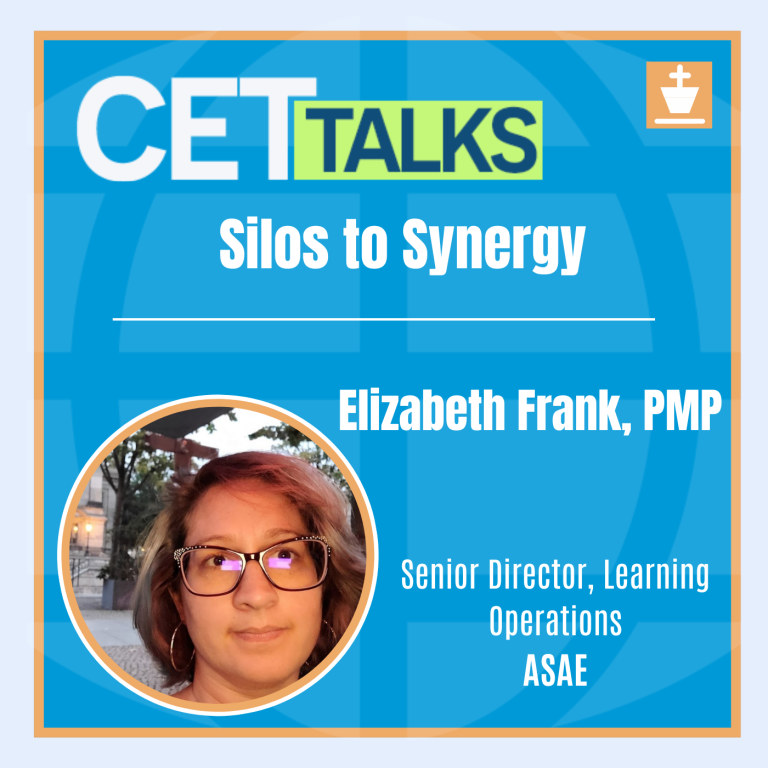
Episode 30: Silos to Synergy: Holistic Approaches to Creating Collaborative Learning

Episode 29: Credentials in Crisis: Challenges and Opportunities in Modern Education Recognition
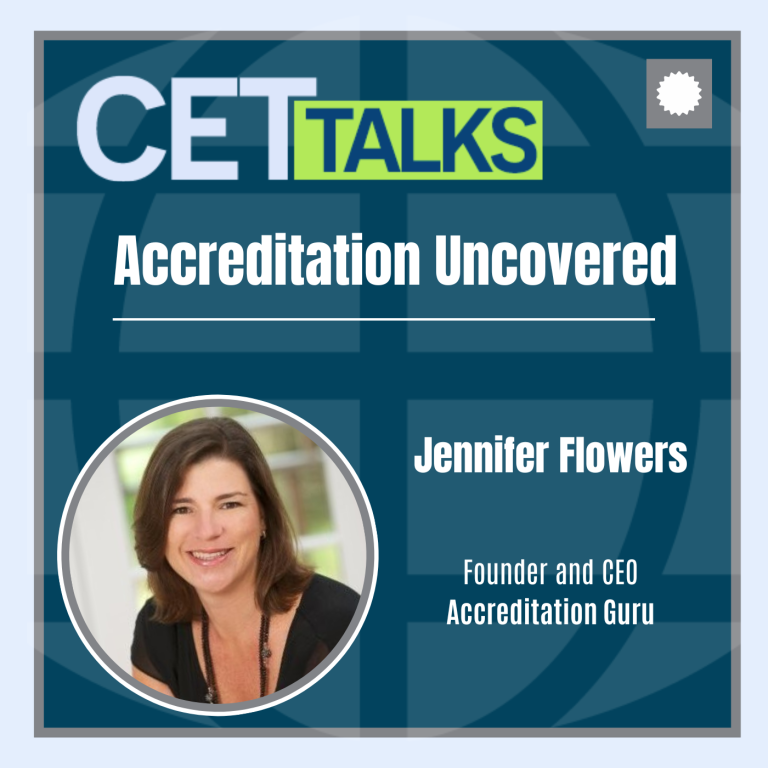
Episode 28: Accreditation Uncovered: Essential Insights from an Industry Leader
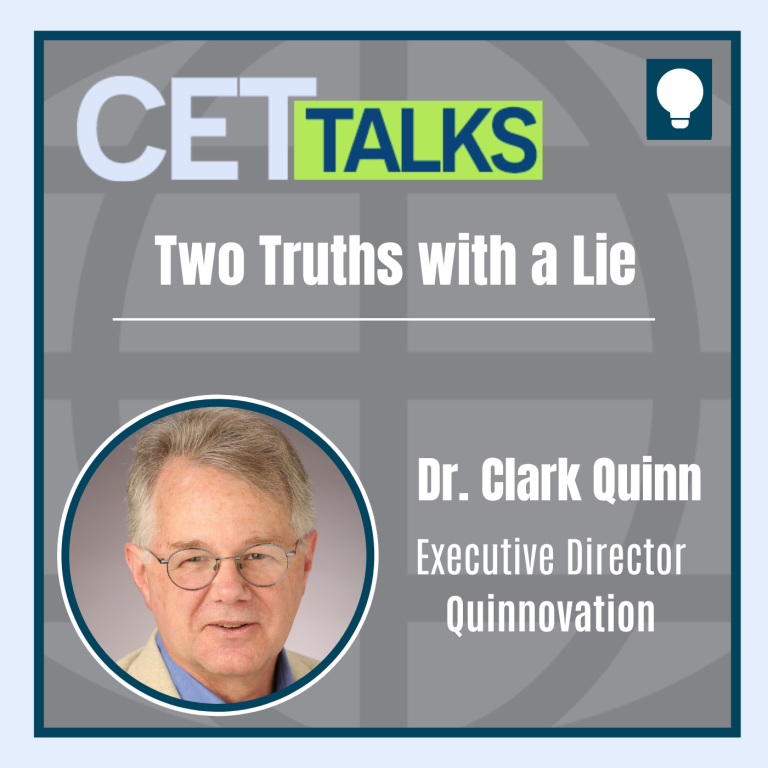
Episode 27: Two Truths with a Lie: Managing the Myths of Modern-Day Learning
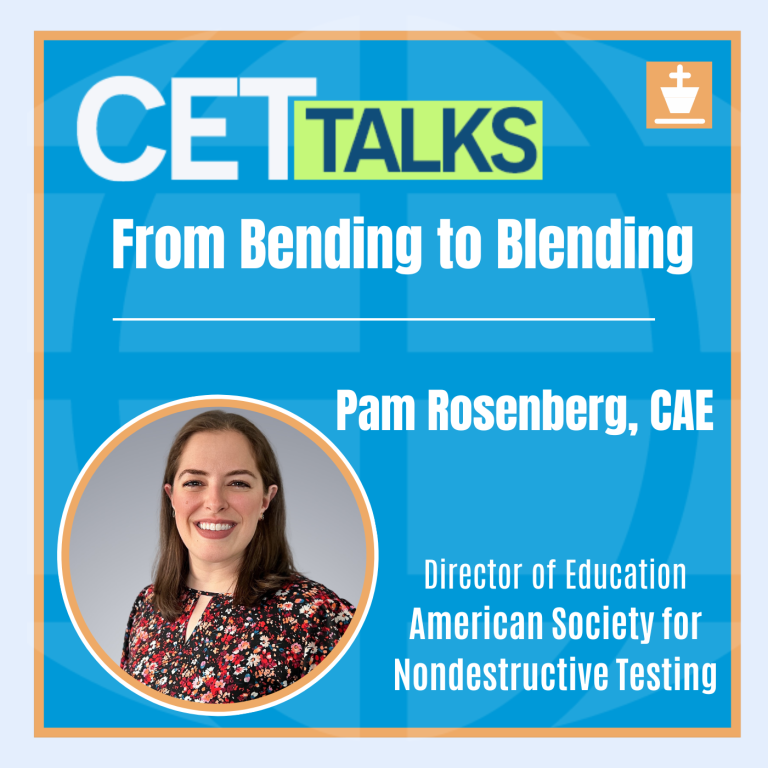
Episode 26: From Bending to Blending: Best Practices in Integrating Externally-Created Content
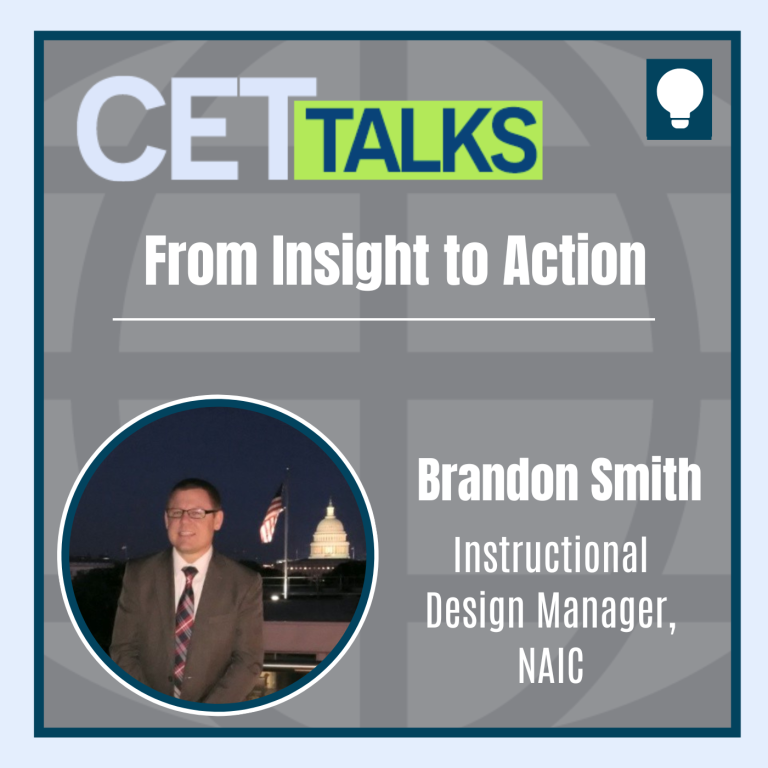
Episode 25: From Insight to Action: Charting the Career Path of a SME-turned-ISD
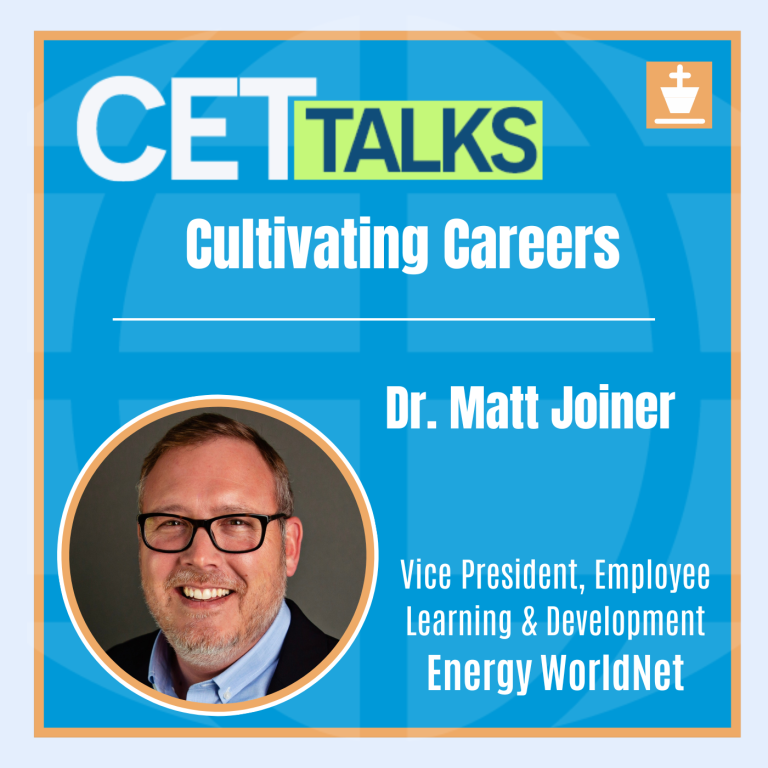
Episode 24: Cultivating Careers: The Power of Employee Engagement for Organizational Success
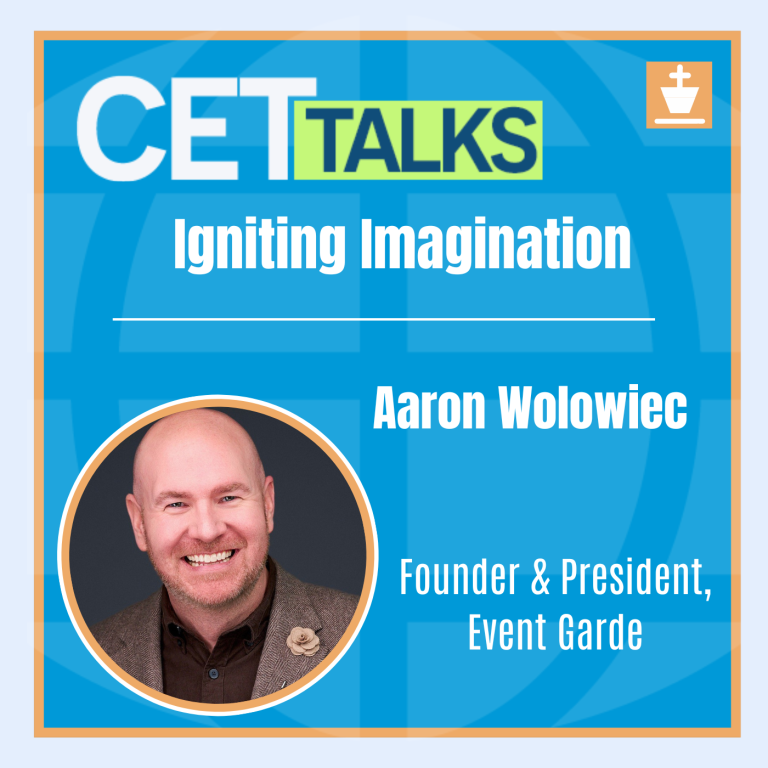
Episode 23: Igniting Imagination: Crafting Creativity in Training Environments
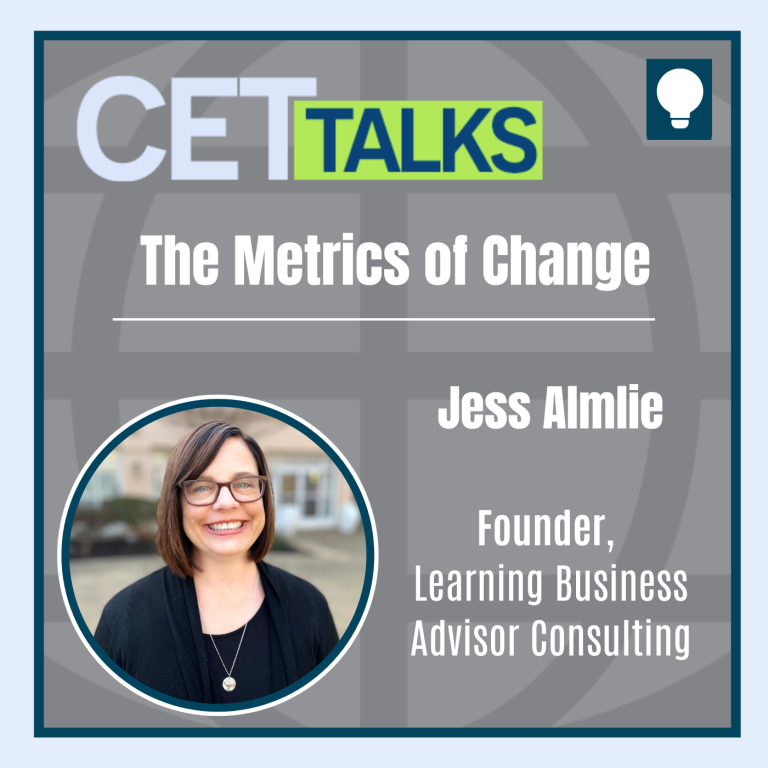
Episode 22: The Metrics of Change: Navigating Purposeful Measurement in L&D
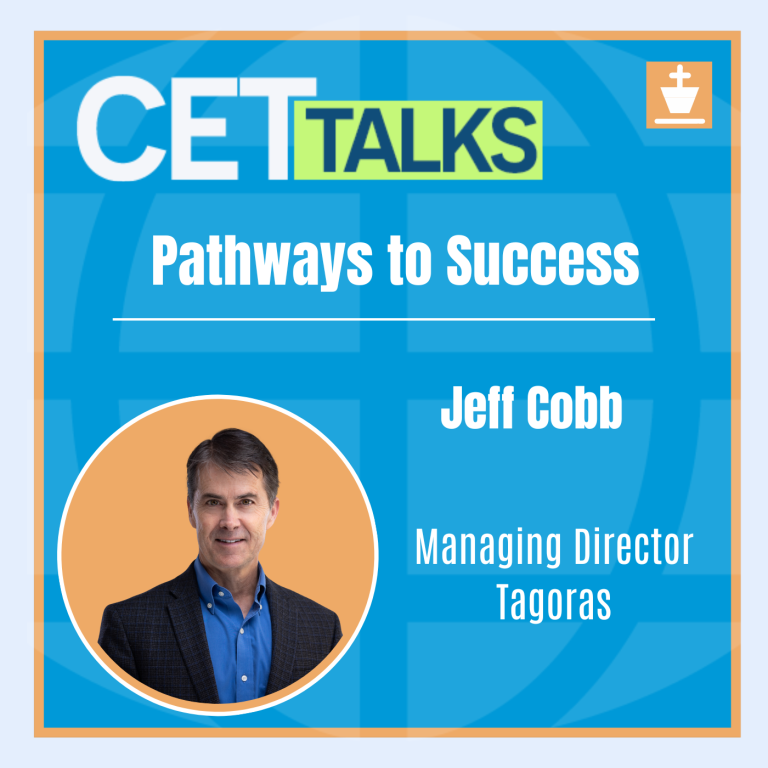
Episode 21: Pathways to Success: The Value of Lifelong Learning through Digital Credentials
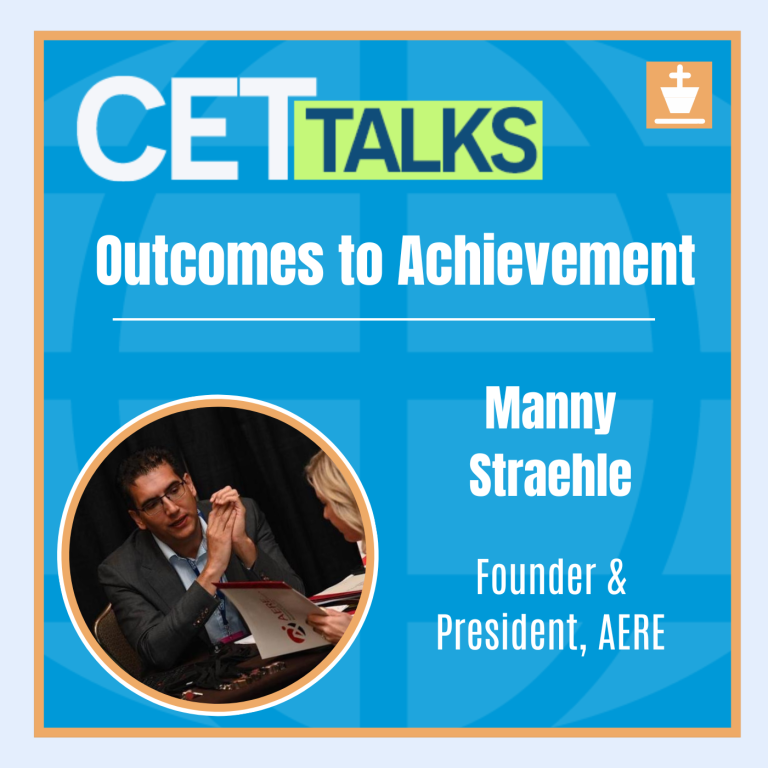
Episode 20: Outcomes to Achievement: Crafting Tomorrow’s Workforce Through Competency Models
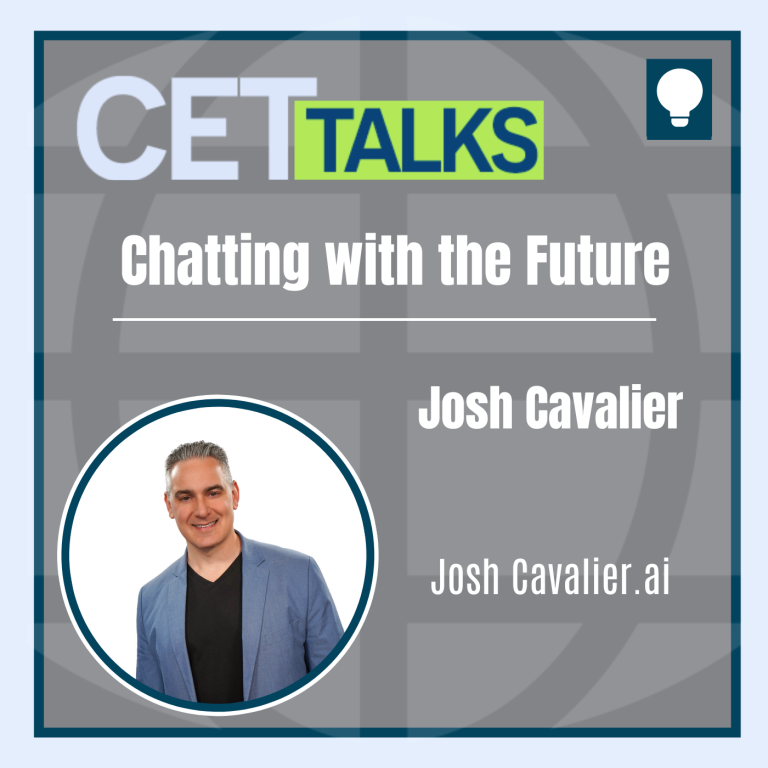
Episode 19: Chatting with the Future: Enhancing AI Output Through Prompt Engineering
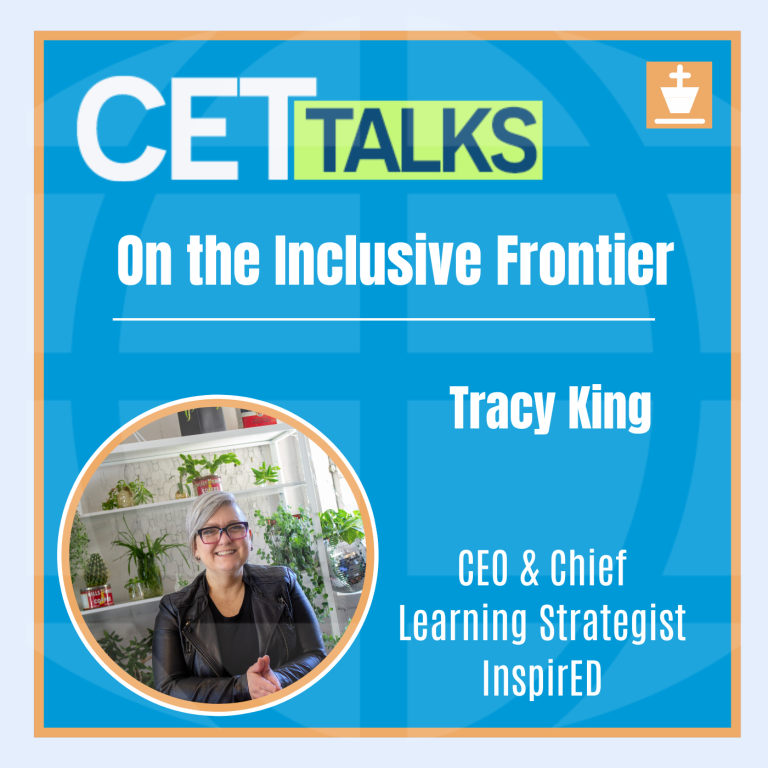
Episode 18: On the Inclusive Frontier: Harnessing Neurodivergence in Modern Training

Episode 17: Designing with Purpose: Strategies for Accessible e-Learning Development
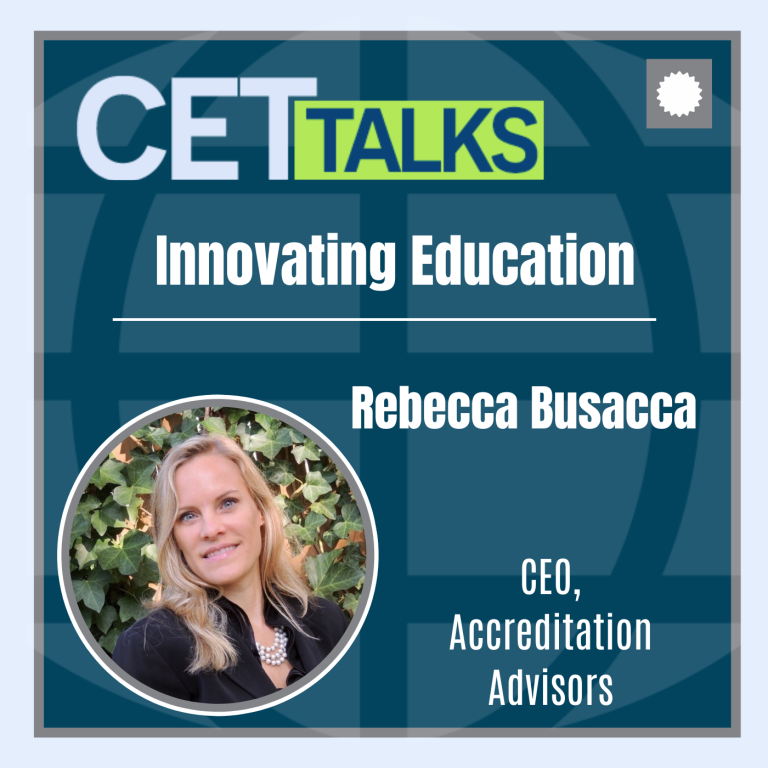
Episode 16: Innovating Education: Navigating Accreditation for Short-Term Training
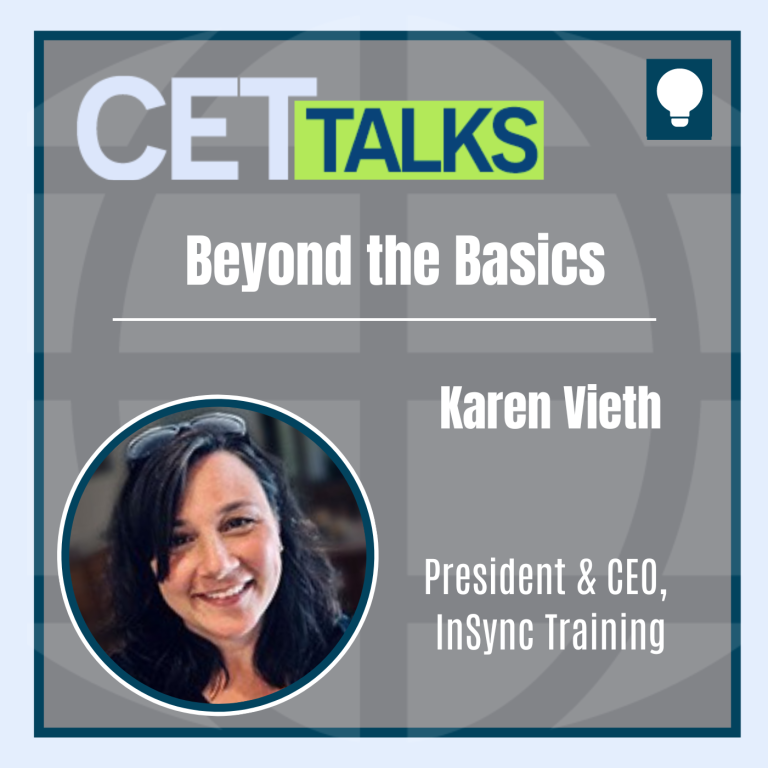
Episode 15: Beyond the Basics: Elevating Virtual Training through Expert Facilitation
